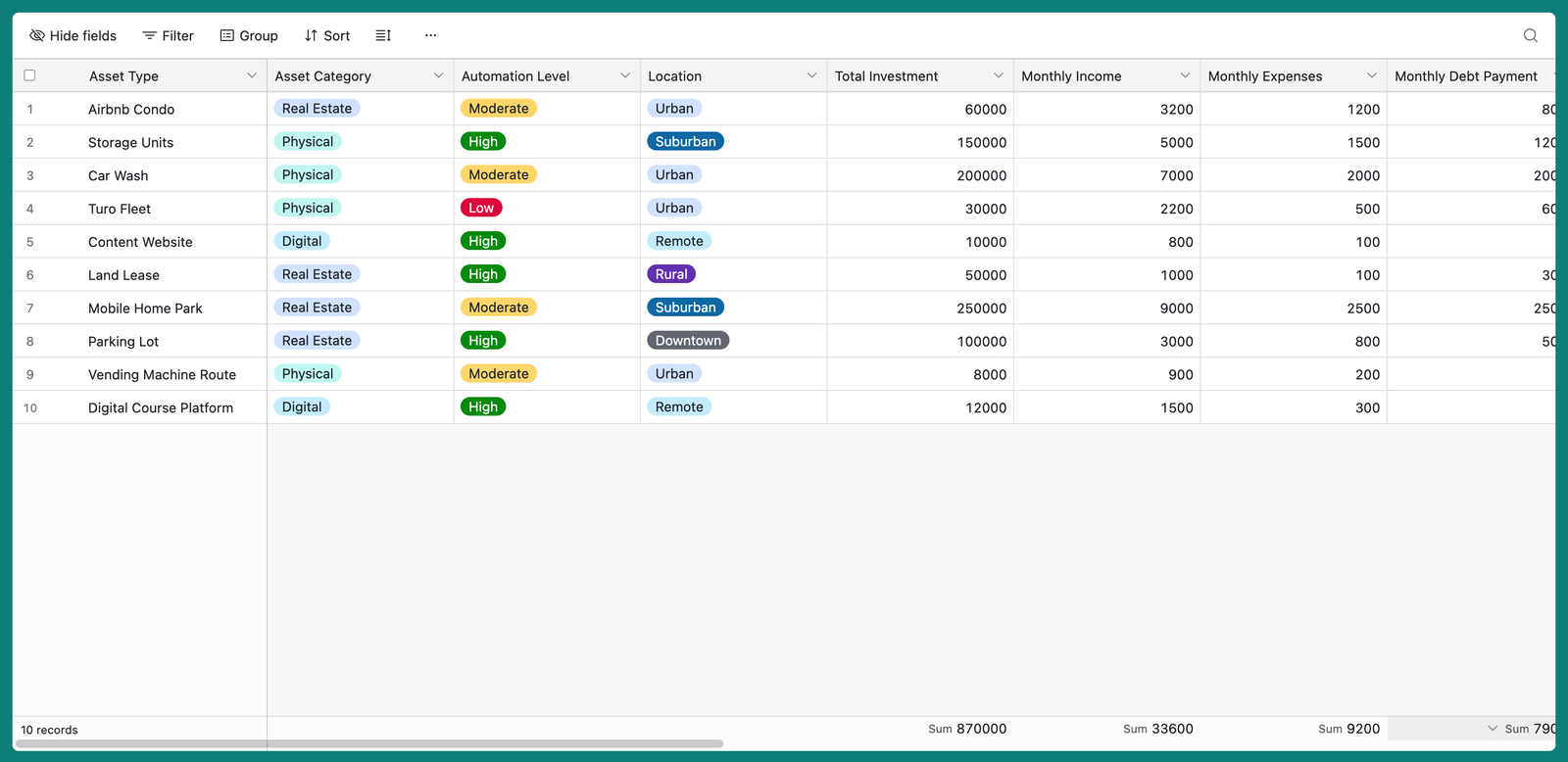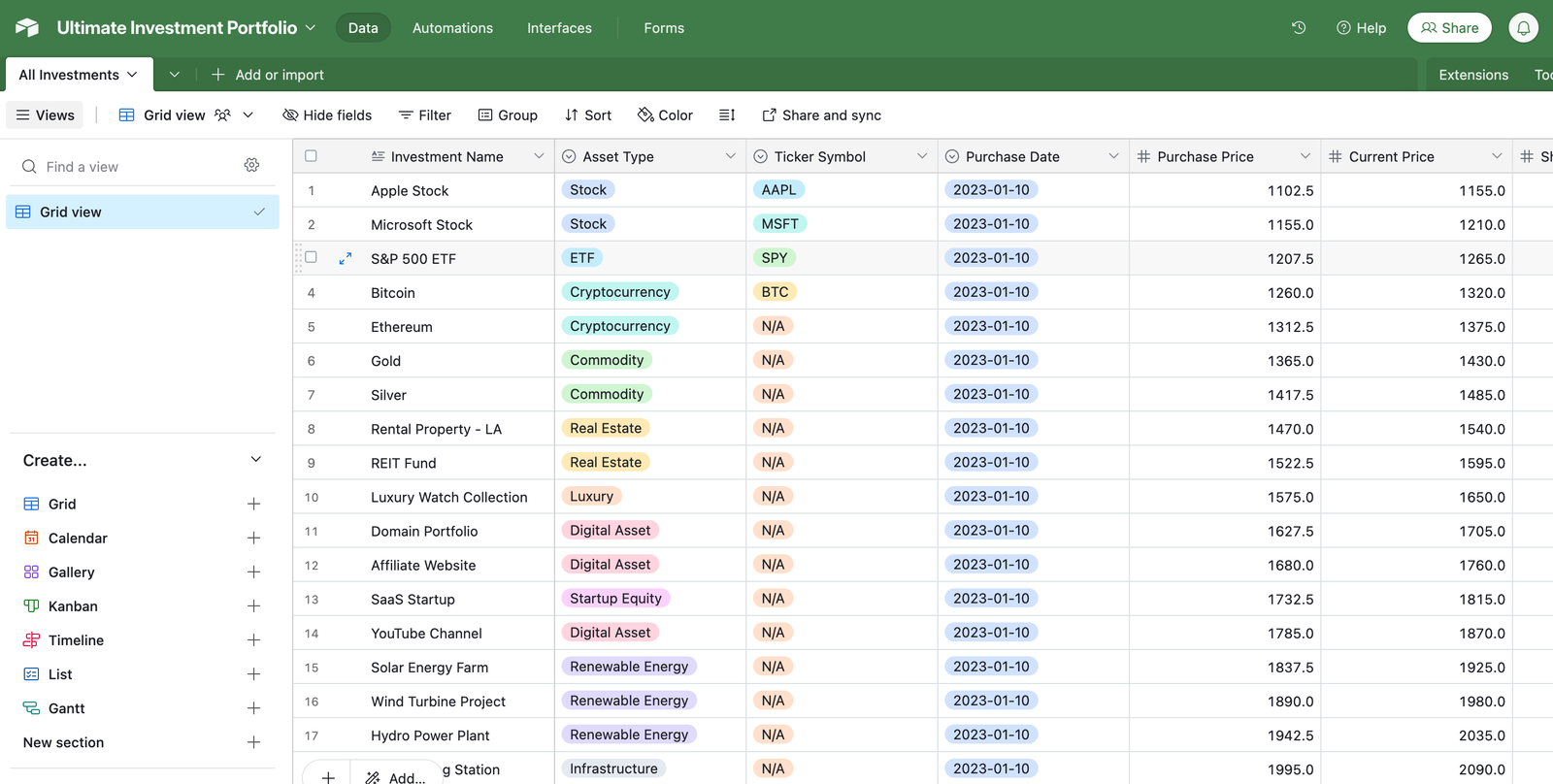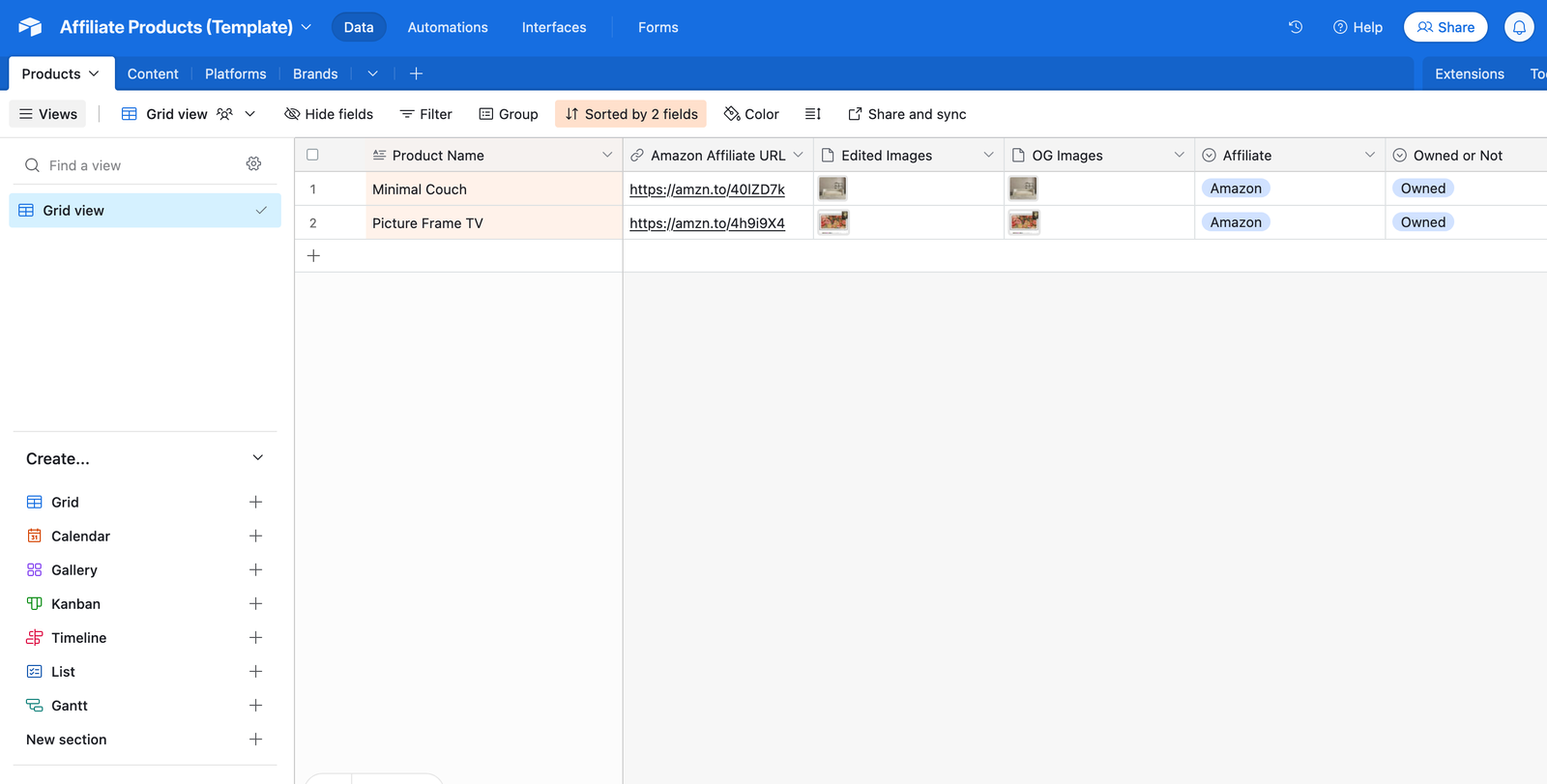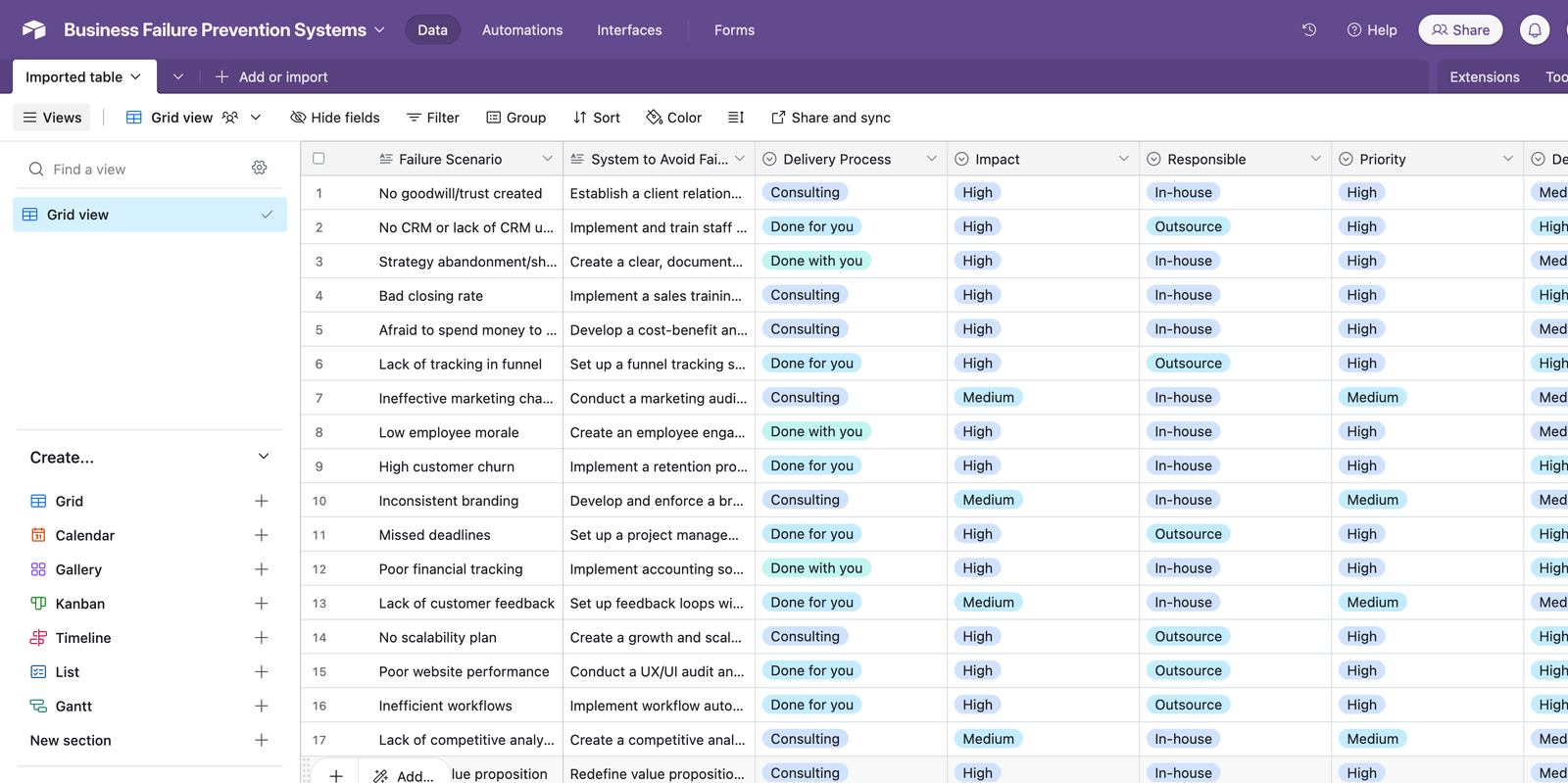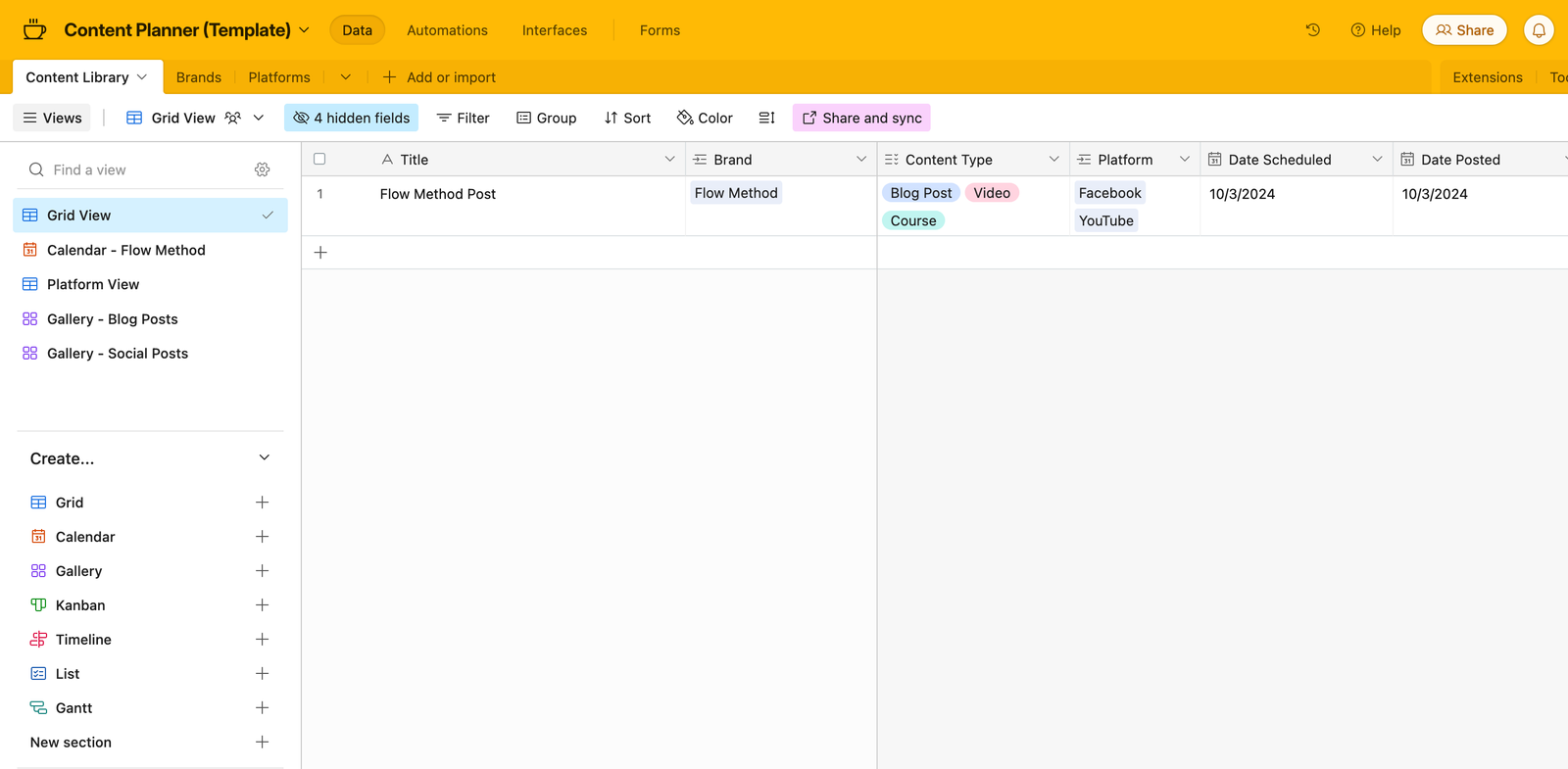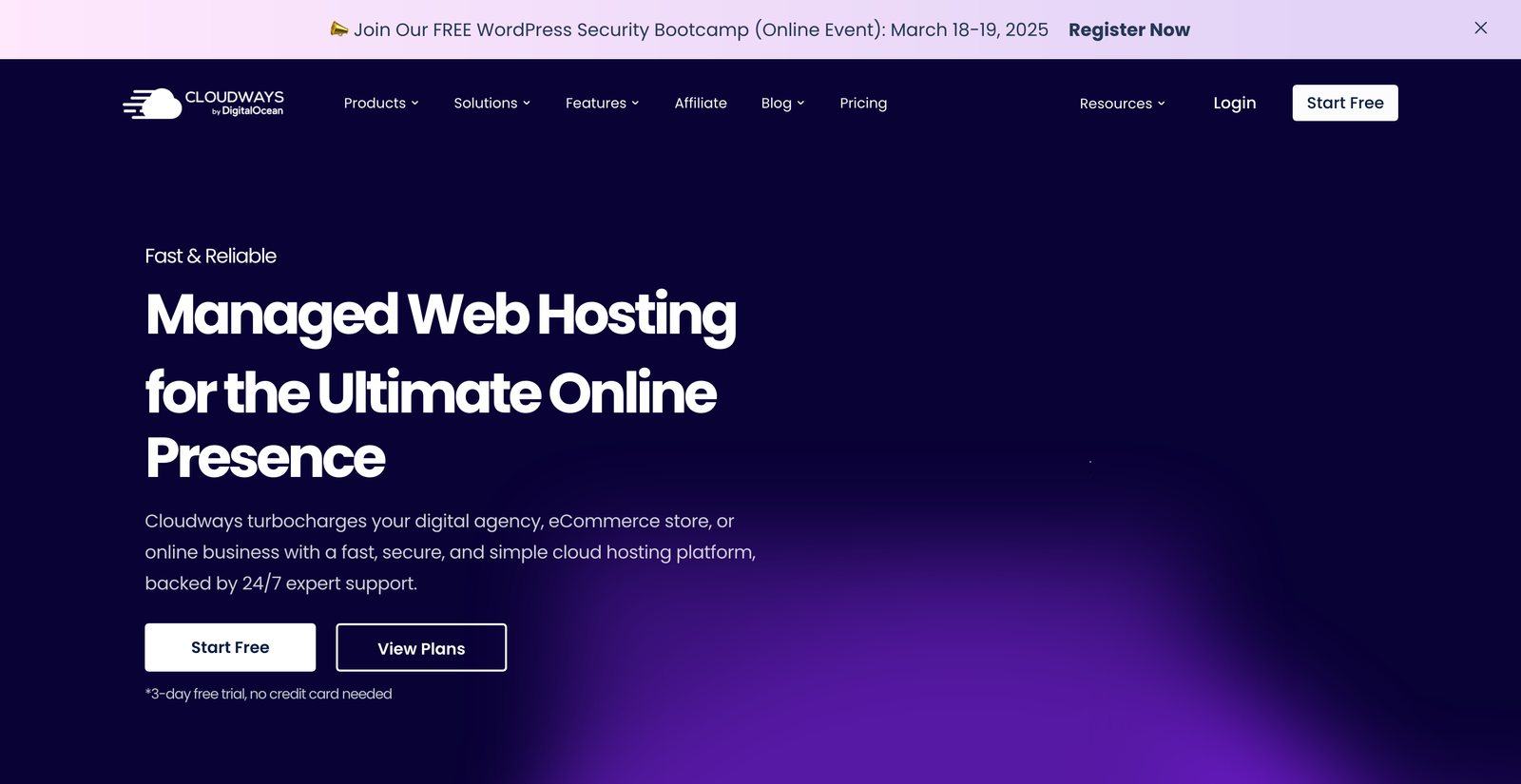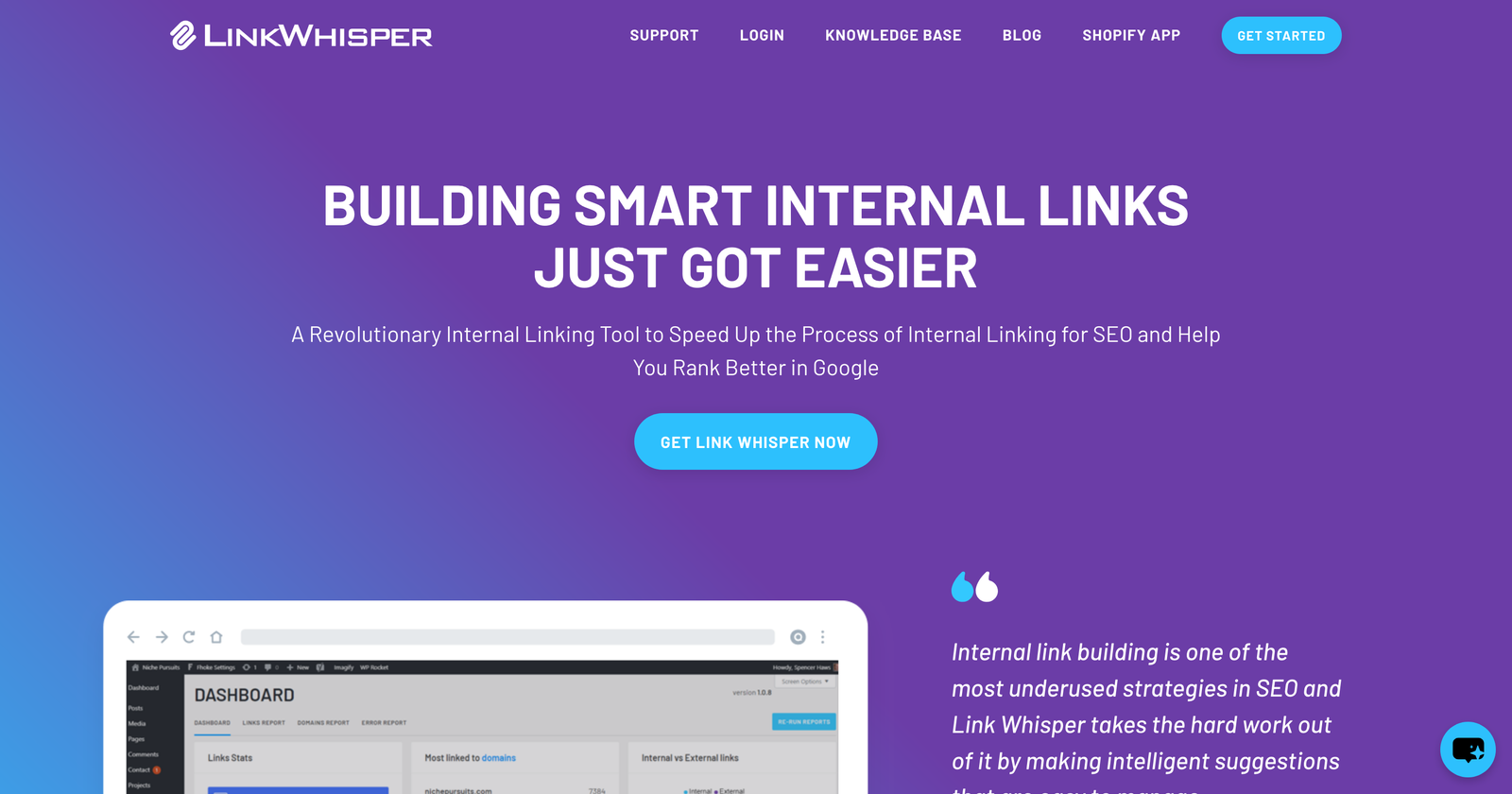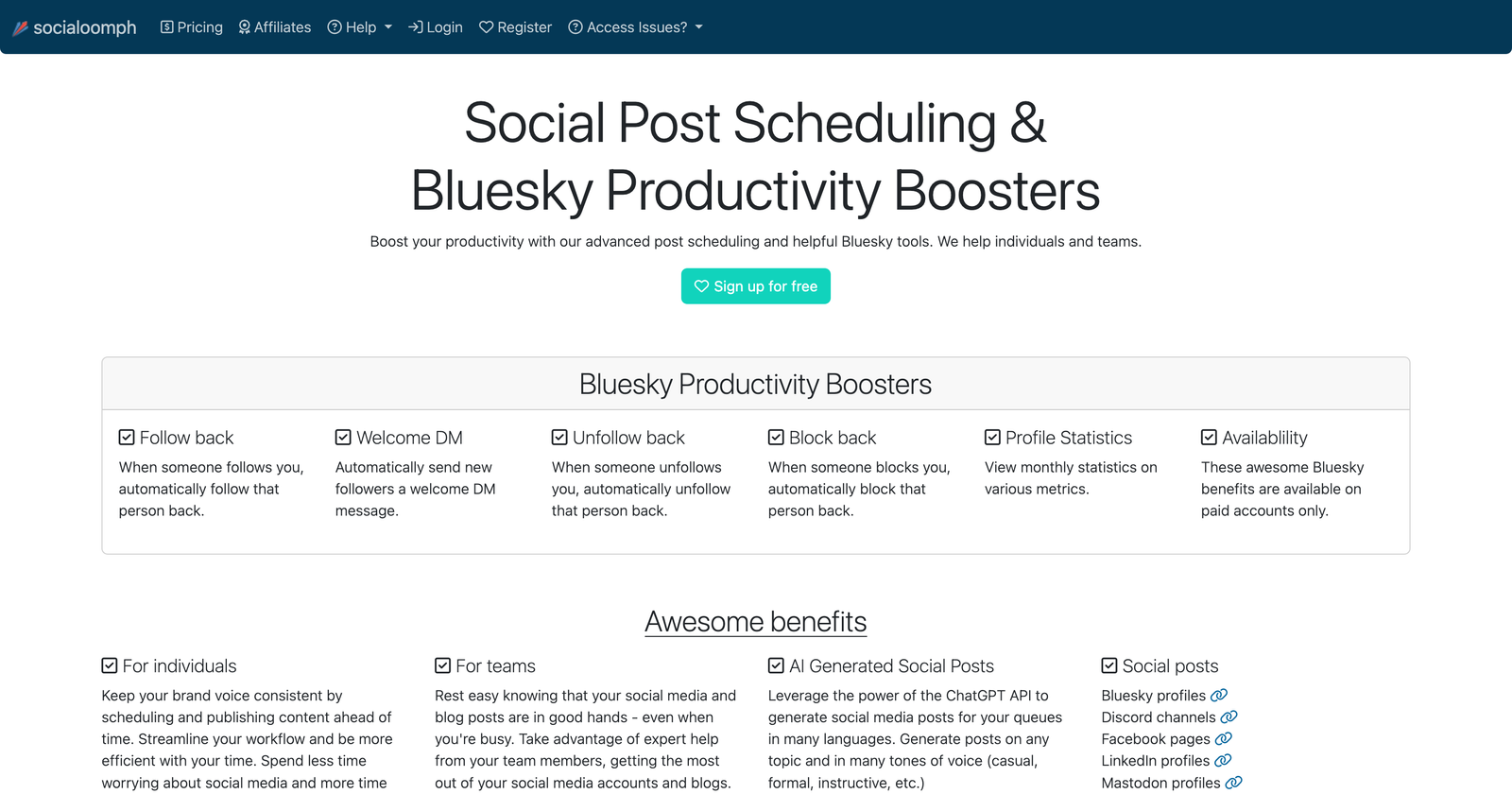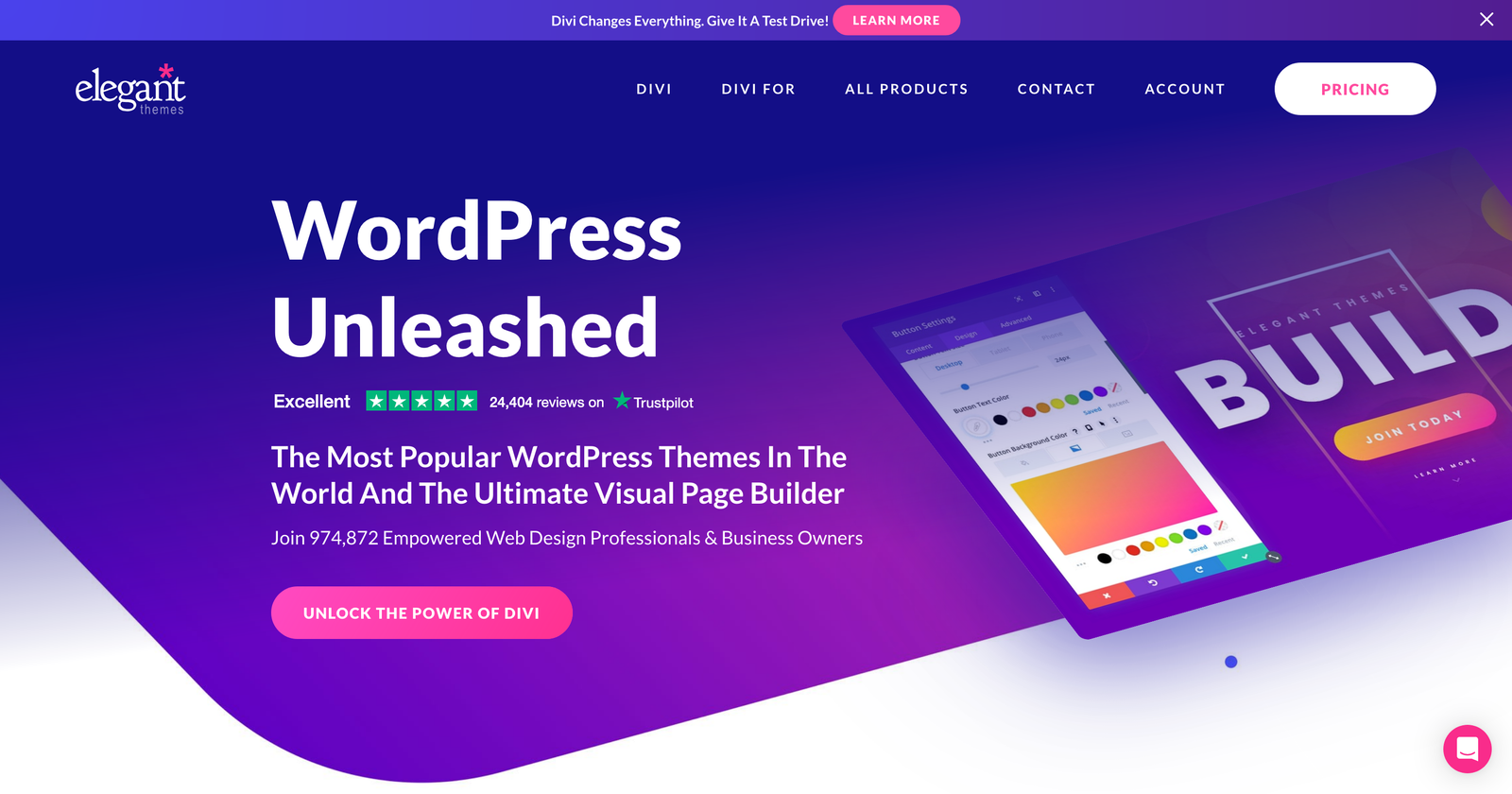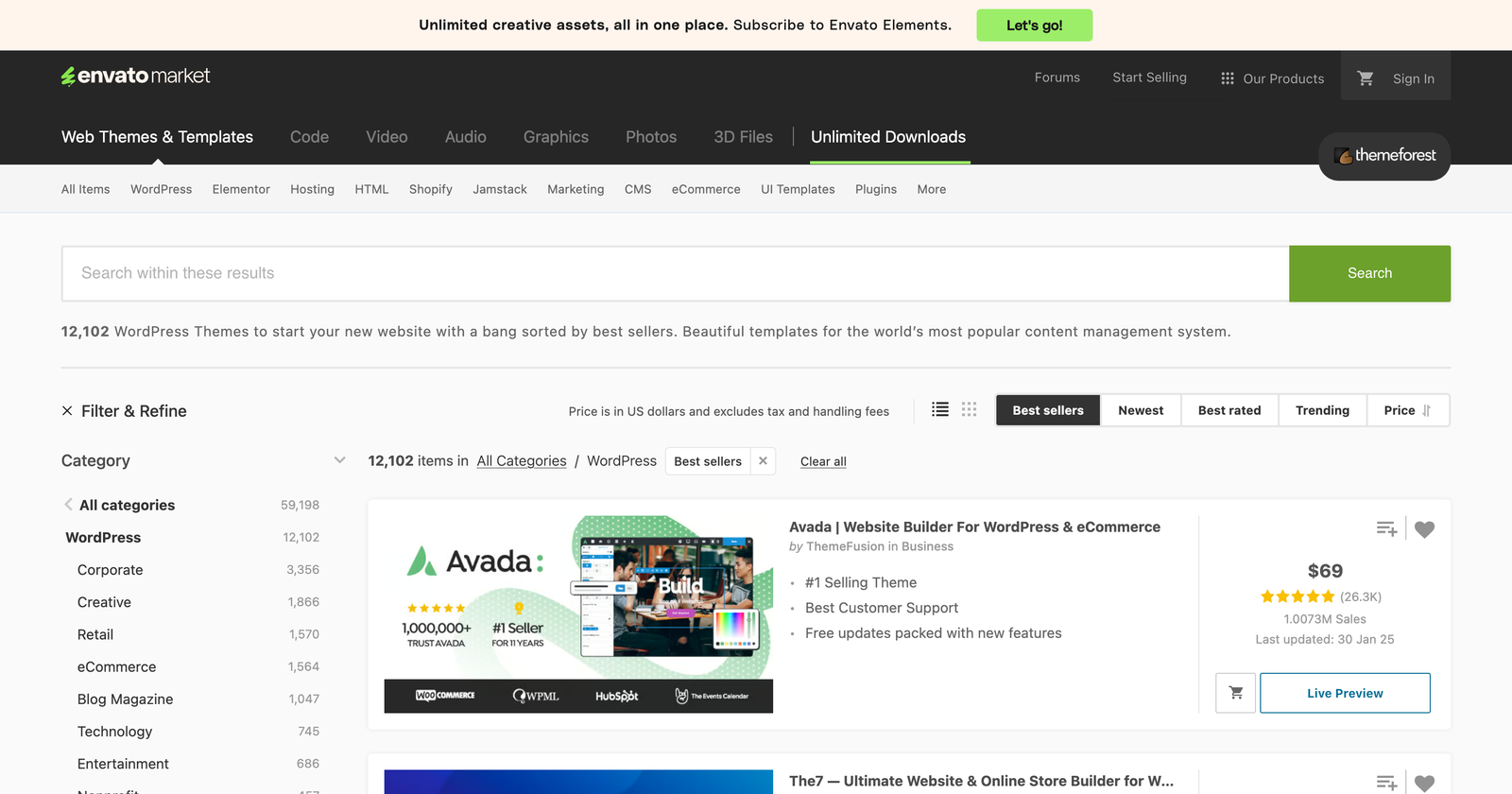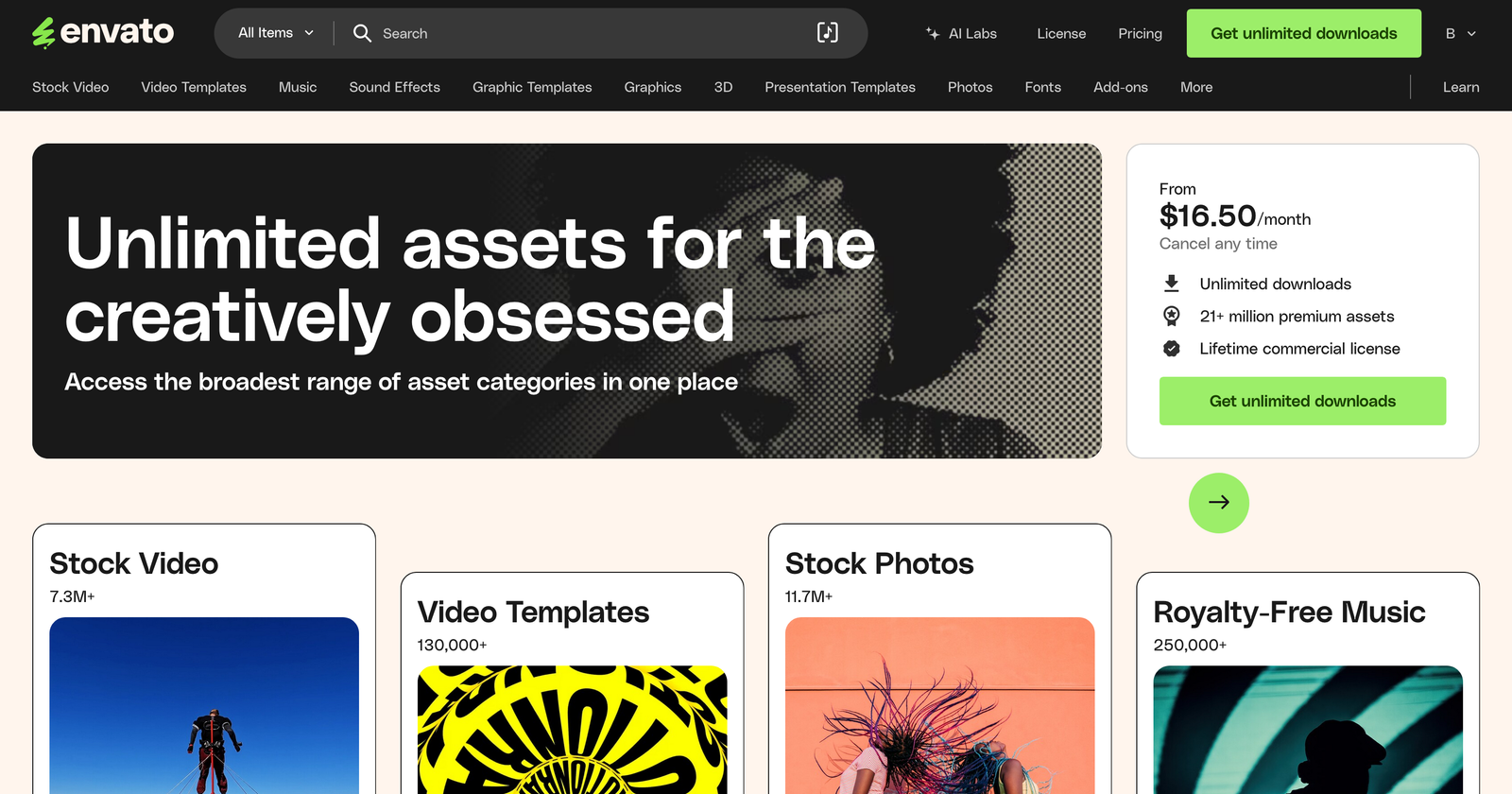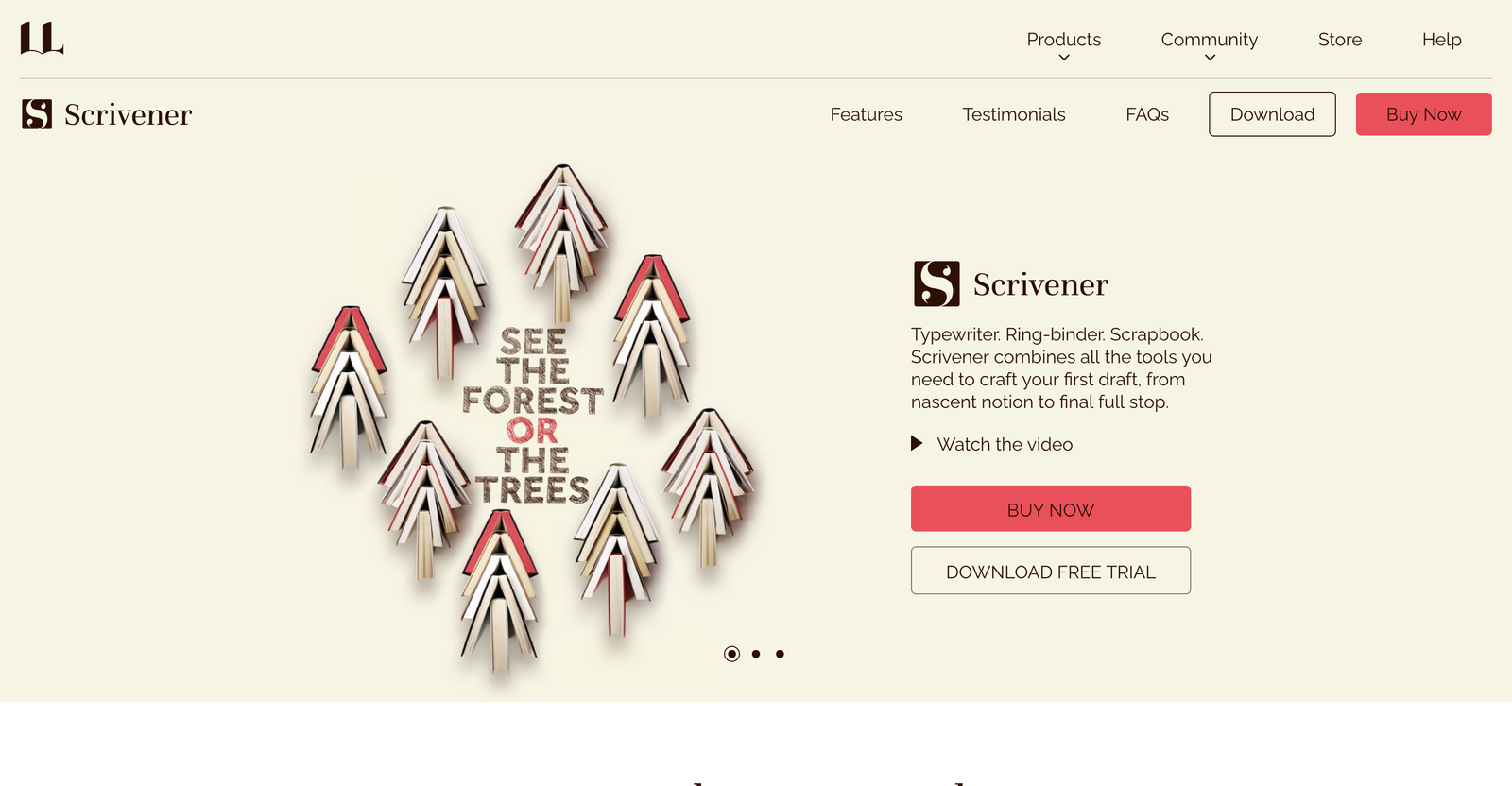Airbnb Rental Business Insights
Turn Properties
into Profits
Start and scale a profitable Airbnb rental business with high-income potential. Learn how to automate bookings, optimize listings, and maximize occupancy for passive income.
Airbnb Rental Business Insights
Turn Properties
into Profits
Start and scale a profitable Airbnb rental business with high-income potential. Learn how to automate bookings, optimize listings, and maximize occupancy for passive income.
Airbnb Rental Business Insights
🏆 Overall Business Viability Score
💰 Profitability Score
🚀 Scalability Score
⏳ Time to Profitability Score
💸 Startup Cost Score
🛠️ Operational Complexity Score
📢 Marketing & Customer Acquisition Score
🤖 Automation & Passive Income Score
📈 Market Demand Score
⚠️ Competition Level Score
🌱 Sustainability & Longevity Score
📊 Revenue Stability Score
🏗️ Barrier to Entry Score
🎯 Target Market Size Score
🔧 Skill & Experience Requirement Score
📍 Location Flexibility Score
💼 Legal & Compliance Complexity Score
🔥 Economic Resilience Score
🔄 Recession Proof Score
🏁 Exit Strategy Score
Business Idea Overview:
The Airbnb rental business is a lucrative opportunity that allows individuals to generate income by renting out properties on a short-term basis. This business model capitalizes on the growing demand for unique travel accommodations, staycations, and remote work-friendly living spaces. Whether you own a property, lease one for subletting, or manage multiple listings for others, Airbnb hosting offers a flexible and scalable way to earn consistent income.
📊 Earning Potential
⚠️ Earnings Disclaimer: Actual earnings vary based on niche, strategy, and execution. There is no guarantee of success, and results depend on effort, market conditions, and business management.
🛠️ Best Platforms & Tools
Airbnb, Vrbo, Booking.com, automated pricing tools, smart locks, and property management software.
Disclosure: Some links on this page are affiliate links, meaning we may earn a commission if you make a purchase, at no extra cost to you. Other links direct to our own brands or trusted resources.
⚠️ Biggest Challenge
Managing guest turnover, maintaining high ratings, and complying with local short-term rental regulations.
💸 Startup Costs & Investment
$5,000 – $50,000+ depending on property acquisition, furnishing, permits, and automation tools.
📢 Customer Acquisition Strategy
Optimize listings with professional photos, competitive pricing, and excellent guest experiences to drive reviews and repeat bookings.
📈 Ideal Business Model
Rental arbitrage (leasing and subletting), property ownership, or co-hosting/management services for other owners.
⏳ Time to Profitability
With high occupancy, hosts can achieve profitability in 1-6 months.
🚀 Key to Scaling
Expanding to multiple properties, automating guest management, and leveraging dynamic pricing strategies.
🤖 Automation & Passive Income Potential
High automation potential with self-check-in, dynamic pricing, automated messaging, and outsourced cleaning services.
View Automation Tools
🏁 Exit Strategy
Selling property, transitioning to long-term rentals, or turning management services into a standalone business.
🌱 Sustainability & Longevity
The market is strong but influenced by regulations, seasonality, and evolving travel trends.
🔄 Market Trends & Demand
Rising demand for unique stays, remote work-friendly properties, and luxury vacation rentals is fueling growth.
🆚 Competition Level
High in major cities but lower in emerging travel destinations or niche rental markets.
Sign up for SEO Flow and start your keyword research today. SEOFlow.app
📍 Location Flexibility
Can be operated remotely with the right automation and management tools.
Visit NomadWave’s Digital Nomad Community
🎯 Ideal Target Audience
Travelers, business professionals, digital nomads, and event attendees looking for short-term stays.
🏗️ Operational Complexity
Moderate; requires property setup, guest communication, and ongoing maintenance but can be systemized.
🔧 Required Skills & Experience
No formal experience needed, but knowledge of hospitality, marketing, and local regulations helps.
💼 Legal & Compliance Considerations
Varies by city; some locations require permits, tax collection, or zoning compliance.
📊 Best Monetization Strategies
Nightly bookings, long-term stays, upsells (cleaning fees, experiences), and direct booking websites.
🔥 Recession & Economic Resilience
While travel demand fluctuates, budget-friendly stays and extended-stay rentals provide stability.
💰 Earning Potential of an Airbnb Rental Business
The earning potential of an Airbnb rental business varies significantly based on location, property type, management strategy, and market demand. However, it remains one of the most lucrative short-term rental business models due to high nightly rates and flexibility in pricing.
💵 Average Earnings
- Single Room Rental: $500 – $2,000/month
- Entire Apartment/Home: $2,000 – $10,000+/month
- Luxury or High-Demand Properties: $5,000 – $25,000+/month
- Multiple Properties (Airbnb Arbitrage/Management Model): $10,000 – $50,000+/month
💰 Key Factors Affecting Airbnb Profits
1️⃣ Location & Demand – Prime city locations, tourist hotspots, and event-driven areas yield higher profits.
2️⃣ Property Type & Size – Larger homes, unique stays (tiny homes, cabins, luxury villas), and premium amenities attract higher rates.
3️⃣ Occupancy Rate – Maximizing bookings with high ratings, seasonal pricing, and proper marketing increases revenue.
4️⃣ Dynamic Pricing – Adjusting nightly rates based on demand (weekends, holidays, local events) can boost earnings.
5️⃣ Operational Costs – Cleaning fees, maintenance, property management, and Airbnb service fees impact profitability.
6️⃣ Hosting Strategy – Self-managed properties retain more earnings, while outsourcing property management reduces workload but lowers margins.
💡 Example Profit Calculation (Urban Location, Full Home Rental)
- Nightly Rate: $200
- Occupancy Rate: 20 nights per month
- Monthly Revenue: $4,000
- Expenses (Mortgage/Rent, Cleaning, Maintenance, Utilities, Fees): $2,000
- Net Profit: $2,000/month
🔥 Ways to Increase Airbnb Income
✔️ Optimize Listing – Professional photos, compelling descriptions, and positive reviews boost bookings.
✔️ Offer Unique Experiences – Themed stays, concierge services, or local partnerships can increase value.
✔️ Expand to Multiple Properties – Scaling with multiple rentals or Airbnb arbitrage boosts earnings.
✔️ List on Multiple Platforms – Using sites like VRBO, Booking.com, and direct booking sites increases exposure.
📌 Final Verdict: Is Airbnb Rental a Profitable Business?
✅ High earning potential if managed efficiently.
✅ Scalable—you can grow by adding more properties or offering rental management services.
✅ Passive income-friendly with automation tools and property managers.
✅ Risk factor—market fluctuations, regulations, and seasonality can impact earnings.
While an Airbnb rental business has high-income potential, success depends on location, operational efficiency, and effective guest experience management.
⚠️ Earnings Disclaimer: Actual earnings vary based on niche, strategy, and execution. There is no guarantee of success, and results depend on effort, market conditions, and business management.
📈 Best Business Models for an Airbnb Rental Business
The Airbnb rental business can be structured in various ways, depending on your budget, risk tolerance, and level of involvement. Below are the most profitable and scalable business models for short-term rentals.
1️⃣ Property Ownership Model (Traditional Hosting)
💰 Best for: Investors, homeowners, and real estate buyers
📈 Profitability: High (direct control over income)
🛠️ Scalability: Limited by capital investment
This model involves buying properties specifically for Airbnb rentals or converting an existing home into a short-term rental. Owners earn the highest profit margins because they own the asset and avoid landlord fees.
✅ Pros:
✔️ Full control over property, pricing, and bookings
✔️ Higher long-term ROI with property appreciation
✔️ Ability to refinance and reinvest
❌ Cons:
🚧 High upfront costs (mortgage, renovations, furnishing)
🚧 Market downturns can affect property value
💡 Ideal for: Those who want to build long-term wealth through real estate while earning Airbnb income.
2️⃣ Airbnb Rental Arbitrage (Lease-to-Rent Model)
💰 Best for: Entrepreneurs with limited capital
📈 Profitability: Medium to high (depends on rental agreement)
🛠️ Scalability: High (can lease multiple properties)
In rental arbitrage, you lease a property from a landlord at a fixed rent and then sublet it on Airbnb for a higher nightly rate. This eliminates the need for property ownership while allowing you to profit from short-term stays.
✅ Pros:
✔️ No need for large capital investment
✔️ Quick scaling by renting multiple units
✔️ Lower financial risk compared to ownership
❌ Cons:
🚧 Requires landlord approval and proper lease agreements
🚧 Monthly rent must be paid regardless of Airbnb bookings
💡 Ideal for: Entrepreneurs who want to build an Airbnb portfolio without buying properties.
3️⃣ Airbnb Co-Hosting & Property Management
💰 Best for: Service providers, real estate professionals
📈 Profitability: Medium to high (monthly fees + commissions)
🛠️ Scalability: High (manage multiple listings)
This model allows you to manage Airbnb listings for property owners in exchange for a percentage of the revenue (typically 10-30%). It’s a low-risk, service-based model that doesn’t require property investment.
✅ Pros:
✔️ No upfront costs or property ownership required
✔️ Recurring monthly income
✔️ Highly scalable (manage multiple properties at once)
❌ Cons:
🚧 Requires excellent customer service & operational skills
🚧 Managing multiple clients can be time-consuming
💡 Ideal for: People who want to enter the Airbnb business without owning or renting properties.
4️⃣ Airbnb Experience Hosting
💰 Best for: Local guides, tourism experts
📈 Profitability: Low to medium (depends on bookings)
🛠️ Scalability: Medium (limited by personal availability)
Instead of renting properties, you can offer unique Airbnb experiences, such as guided city tours, cooking classes, or adventure activities. This is a low-cost way to profit from Airbnb without property management.
✅ Pros:
✔️ No property required
✔️ Low startup costs
✔️ Ideal for those passionate about travel & experiences
❌ Cons:
🚧 Income depends on availability and customer interest
🚧 Requires active involvement (not passive income)
💡 Ideal for: People who want to earn from Airbnb without property investment.
5️⃣ Corporate & Long-Term Airbnb Rentals
💰 Best for: Investors, business travelers
📈 Profitability: High (steady, high-value bookings)
🛠️ Scalability: Medium (requires location strategy)
This model involves renting properties to business travelers, remote workers, or temporary corporate stays for 30+ days at a time. It reduces turnover and cleaning costs while offering stable income.
✅ Pros:
✔️ Less maintenance compared to short-term rentals
✔️ Attracts high-paying, professional tenants
✔️ Lower risk of vacancies
❌ Cons:
🚧 Limited to cities with high corporate travel demand
🚧 May require different marketing strategies
💡 Ideal for: Hosts who want stable, high-value bookings with fewer turnovers.
📌 Final Verdict: Best Business Models for Airbnb
✅ Best for Long-Term Wealth: Property Ownership Model
✅ Best for Low Capital Investment: Rental Arbitrage
✅ Best for Service-Based Income: Co-Hosting & Property Management
✅ Best for Passive Income: Corporate & Long-Term Rentals
✅ Best for Low Startup Costs: Airbnb Experience Hosting
Each model has different levels of risk, investment, and earning potential, so choose the one that best fits your goals and resources! 🚀
Get JotPro, the intuitive AI writing tool with over 50 templates, and countless features like Speech-to-Text and Text-to-Speech. Sign Up Free
Disclosure: Some links on this page are affiliate links, meaning we may earn a commission if you make a purchase, at no extra cost to you. Other links direct to our own brands or trusted resources.
🔥 Conversion Tactics for an Airbnb Rental Business
Attracting potential guests to your Airbnb listing is only half the battle—the key to maximizing bookings and revenue lies in converting visitors into actual guests. Here are the most effective conversion tactics to increase occupancy rates and maximize earnings.
1️⃣ Optimize Your Listing for Maximum Conversions
✅ Best For: Boosting visibility & guest trust
✅ Conversion Potential: High
Your listing page is your sales pitch. Optimize every element to increase bookings.
🔹 Use high-quality photos – Listings with professional photos get 40% more bookings
🔹 Write a compelling headline – Highlight unique features (e.g., “Luxury Loft w/ Skyline Views & Private Balcony”)
🔹 Craft a detailed description – Cover key amenities, experiences, and what makes your rental unique
🔹 Use bullet points for clarity – Highlight important details (e.g., ✅ Fast Wi-Fi, ✅ Free Parking, ✅ Pet-Friendly)
💡 Pro Tip: Keep descriptions engaging and emotional—paint a picture of what guests will experience.
2️⃣ Get More 5-Star Reviews & Leverage Social Proof
✅ Best For: Increasing trust & credibility
✅ Conversion Potential: Very High
🔹 Encourage guests to leave reviews – Politely ask after checkout
🔹 Respond to every review – Even negative ones (shows you care about guest experience)
🔹 Feature guest testimonials – Highlight best reviews in your listing description
🔹 Use past guest photos & videos – Showcase real experiences
💡 Pro Tip: Airbnb prioritizes highly rated listings in search results. The more 5-star reviews, the higher your conversion rate.
3️⃣ Price Competitively & Use Strategic Discounts
✅ Best For: Attracting price-conscious travelers
✅ Conversion Potential: High
🔹 Enable Airbnb’s Smart Pricing – Automatically adjusts based on demand
🔹 Offer discounts for early & last-minute bookings – Encourages faster decisions
🔹 Lower your price slightly for first 5-10 bookings – Helps build trust & reviews
🔹 Use weekend & peak season pricing – Charge premium rates when demand is high
💡 Pro Tip: Use limited-time discounts (e.g., “Book Today & Get 10% Off”) to create urgency.
4️⃣ Improve Response Time & Use Instant Booking
✅ Best For: Increasing convenience & trust
✅ Conversion Potential: Very High
🔹 Enable Instant Booking – Listings with Instant Booking get more reservations
🔹 Respond within minutes – Airbnb prioritizes hosts with fast response times
🔹 Set up automated messages – A quick reply reassures potential guests
💡 Pro Tip: Listings with fast response times and instant booking convert 30% better.
5️⃣ Optimize Your Airbnb Profile & Verification
✅ Best For: Building trust & credibility
✅ Conversion Potential: Medium-High
🔹 Complete your Airbnb profile – Use a real photo and detailed bio
🔹 Verify your ID – Guests prefer verified hosts
🔹 Showcase your hosting experience – Mention how long you’ve been a host & your commitment to great stays
💡 Pro Tip: A well-completed profile boosts trust and increases guest confidence.
6️⃣ Personalize the Booking Experience
✅ Best For: Making guests feel valued
✅ Conversion Potential: Medium
🔹 Send a friendly welcome message – Personal touches make a big difference
🔹 Offer local recommendations – Show guests you’re a helpful host
🔹 Include free extras – Small touches like free snacks, welcome drinks, or a guidebook increase conversion
💡 Pro Tip: Guests are more likely to book when they feel a personal connection with the host.
7️⃣ Use Scarcity & Urgency Tactics
✅ Best For: Encouraging faster bookings
✅ Conversion Potential: High
🔹 Mention limited availability – Example: “Only 2 weekends left this month!”
🔹 Highlight demand in your area – Example: “High-demand listing—Book now before it’s gone!”
🔹 Use Airbnb’s built-in urgency features – Listings with high recent activity get a “Few dates left” label
💡 Pro Tip: FOMO (Fear of Missing Out) is a powerful motivator—guests don’t want to miss a great stay.
8️⃣ Offer Exclusive Perks & Upsells
✅ Best For: Increasing booking value & guest experience
✅ Conversion Potential: Medium
🔹 Provide premium add-ons – Airport pickup, early check-in, breakfast options
🔹 Offer experience-based perks – Discounted local tours, bike rentals, or wine tastings
🔹 Bundle offers for longer stays – Example: “Stay 7 nights & get a free guided city tour”
💡 Pro Tip: Extra perks can make your listing stand out without lowering your price.
9️⃣ List on Multiple Platforms for Higher Exposure
✅ Best For: Expanding booking sources
✅ Conversion Potential: Medium-High
🔹 Use Airbnb + Vrbo + Booking.com – Don’t rely on just one platform
🔹 Use a channel manager – Syncs bookings to prevent double-booking
🔹 Promote direct bookings – Build an independent website for repeat guests
💡 Pro Tip: A multi-platform strategy increases exposure and fills availability faster.
📌 Final Verdict: Best Conversion Tactics for Airbnb Rentals
✅ Best for Instant Conversions: High-quality photos, Instant Booking, competitive pricing
✅ Best for Building Long-Term Trust: 5-star reviews, fast response time, verified profile
✅ Best for Encouraging Quick Bookings: Urgency tactics, discounts, limited-time offers
✅ Best for Maximizing Value: Upsells, longer-stay perks, personalized touches
By implementing these conversion strategies, you’ll increase your Airbnb booking rate, maximize profits, and build a strong guest reputation. 🚀
🔥 Most Profitable Niches for an Airbnb Rental Business
Choosing the right niche for your Airbnb rental can maximize occupancy rates, increase nightly rates, and boost long-term profitability. Below are the most lucrative Airbnb rental niches, along with what makes them profitable and who they attract.
1️⃣ Luxury & High-End Rentals
✅ Best For: High-income travelers, business executives, celebrities
✅ Profit Potential: 🔥🔥🔥🔥🔥 (Very High)
Luxury stays command premium nightly rates and attract high-spending guests looking for a unique, upscale experience.
💰 Why It’s Profitable:
🔹 Higher profit margins with less frequent turnovers
🔹 Attracts business travelers, influencers, and high-net-worth individuals
🔹 Guests expect top-tier service, allowing for premium pricing
💡 Example: Penthouse apartments, oceanfront villas, modern mansions with amenities like pools, saunas, and private chefs
2️⃣ Unique & Themed Stays
✅ Best For: Millennials, Instagram travelers, honeymooners
✅ Profit Potential: 🔥🔥🔥🔥 (High)
Quirky, themed, and one-of-a-kind stays attract social media attention, leading to viral marketing and higher occupancy rates.
💰 Why It’s Profitable:
🔹 Guests are willing to pay more for an exclusive, unforgettable experience
🔹 Less direct competition compared to standard rentals
🔹 Free word-of-mouth marketing through social media exposure
💡 Example: Treehouses, Hobbit homes, A-frame cabins, tiny homes, yurts, glamping tents, and retro Airstream trailers
3️⃣ Business & Corporate Rentals
✅ Best For: Traveling professionals, corporate relocations, conference attendees
✅ Profit Potential: 🔥🔥🔥🔥 (High)
These rentals cater to professionals who need long-term stays with reliable amenities like fast Wi-Fi, workspaces, and convenient locations near business hubs.
💰 Why It’s Profitable:
🔹 Attracts long-term bookings, reducing turnover and cleaning costs
🔹 Steady demand from business travelers and digital nomads
🔹 Can be rented at a premium if located near financial districts or tech hubs
💡 Example: Modern apartments with office setups, extended-stay homes near convention centers, and high-rise condos in major business cities
4️⃣ Extended Stay & Mid-Term Rentals (30+ Days)
✅ Best For: Remote workers, corporate stays, digital nomads, medical staff
✅ Profit Potential: 🔥🔥🔥🔥 (High)
Longer stays reduce turnover costs, cleaning fees, and vacancies, making them more passive and scalable.
💰 Why It’s Profitable:
🔹 Lower operational costs since guests stay longer
🔹 Attracts stable, reliable tenants (business professionals, traveling nurses, interns)
🔹 High demand in major cities, college towns, and hospital districts
💡 Example: Furnished apartments, extended-stay rentals, and executive suites near major hospitals or universities
5️⃣ Pet-Friendly Rentals
✅ Best For: Travelers with pets, long-term guests, families
✅ Profit Potential: 🔥🔥🔥 (Moderate to High)
Offering a pet-friendly stay gives you an edge over competitors since many travelers struggle to find pet-friendly accommodations.
💰 Why It’s Profitable:
🔹 Can charge pet fees for added revenue
🔹 Higher occupancy rates due to increased demand
🔹 Attracts longer stays from guests who prefer stability for their pets
💡 Example: Homes with fenced yards, apartments with pet amenities, and vacation rentals with dog-friendly trails nearby
6️⃣ Vacation & Destination Rentals
✅ Best For: Tourists, families, seasonal travelers
✅ Profit Potential: 🔥🔥🔥🔥🔥 (Very High)
Properties in top tourist destinations (beaches, ski resorts, national parks) command premium pricing during peak seasons.
💰 Why It’s Profitable:
🔹 Seasonal demand ensures high revenue potential
🔹 Guests book far in advance, reducing vacancy risks
🔹 Can charge premium rates during peak tourist seasons
💡 Example: Beachfront condos, ski chalets, mountain cabins, and lakefront retreats
7️⃣ Budget & Micro Rentals (Tiny Homes, Pods, Shared Spaces)
✅ Best For: Backpackers, solo travelers, budget-conscious guests
✅ Profit Potential: 🔥🔥🔥 (Moderate to High)
Budget-friendly options like tiny homes, micro apartments, and shared rentals offer affordable accommodations while still generating strong returns.
💰 Why It’s Profitable:
🔹 Lower initial investment costs
🔹 Attracts high booking volume due to budget-friendly pricing
🔹 Can maximize space efficiency to increase profits
💡 Example: Capsule hotels, shared co-living spaces, tiny homes, and hostel-style rentals
8️⃣ Group & Family-Friendly Rentals
✅ Best For: Families, large groups, reunions
✅ Profit Potential: 🔥🔥🔥🔥 (High)
Larger properties that accommodate big families and groups are in demand, especially for vacations, holidays, and reunions.
💰 Why It’s Profitable:
🔹 Guests prefer full homes over multiple hotel rooms
🔹 Can charge higher nightly rates for multi-bedroom properties
🔹 Consistent demand in tourist-friendly cities
💡 Example: 5+ bedroom homes, vacation lodges, multi-unit properties for large groups
📌 Final Verdict: Most Profitable Airbnb Niches
✅ Best for High-End Earnings: Luxury rentals, vacation homes, and themed stays
✅ Best for Long-Term Passive Income: Business rentals, extended stays, and pet-friendly units
✅ Best for Unique & Viral Bookings: Themed rentals, tiny homes, and social media-friendly stays
✅ Best for High Demand: Budget-friendly stays, family/group rentals, and urban apartments
By choosing the right niche, Airbnb hosts can increase occupancy rates, charge premium rates, and generate higher profits. 🚀
🏡 Airbnb Rental Business vs. Other Business Models
When comparing Airbnb rentals to other business models, it’s essential to evaluate profitability, scalability, risk, time investment, and sustainability. Here’s how the Airbnb rental business stacks up against other popular business types:
🏡 Airbnb Rental Business vs. Traditional Real Estate Rentals
✅ Airbnb Pros:
✔️ Higher Nightly Rates – Short-term stays generate more revenue per night than long-term leases.
✔️ Flexibility – Owners can adjust pricing, block off personal use days, and pivot rental strategies.
✔️ Lower Eviction Risk – No long-term tenants, reducing legal risks of evictions.
❌ Airbnb Cons:
❌ Higher Turnover & Maintenance Costs – Frequent guest turnover leads to more cleaning and repairs.
❌ Regulations & Legal Issues – Many cities have strict short-term rental laws.
❌ Market Fluctuations – Seasonal demand can create income instability.
🏆 Winner? Airbnb for higher earnings, Traditional Rentals for long-term stability.
💻 Airbnb Rental Business vs. E-Commerce (Shopify, Dropshipping, Print-on-Demand)
✅ Airbnb Pros:
✔️ Physical Asset Appreciation – Real estate gains value over time, unlike digital products.
✔️ Lower Competition – Fewer Airbnb hosts vs. countless online sellers.
✔️ Recurring Income – Unlike e-commerce, Airbnb hosts don’t constantly need new products.
❌ Airbnb Cons:
❌ High Upfront Costs – Property investment is expensive compared to launching an e-commerce store.
❌ Local Market Limitations – Earnings depend on location and local tourism demand.
❌ Active Management Required – Managing bookings, guests, and property upkeep requires effort.
🏆 Winner? E-commerce for lower startup costs and scalability, Airbnb for more predictable passive income.
📊 Airbnb Rental Business vs. Stock & Crypto Investing
✅ Airbnb Pros:
✔️ Tangible Asset – Real estate is a physical, appreciating investment, unlike volatile stocks or crypto.
✔️ Cash Flow Generation – Rentals provide consistent passive income, while stocks/crypto rely on price fluctuations.
✔️ Leverage Opportunities – Airbnb hosts can finance properties with loans, leveraging returns.
❌ Airbnb Cons:
❌ Requires Active Management – Unlike passive investing, Airbnb requires hosting, maintenance, and marketing.
❌ Regulatory Risks – Short-term rental laws can change, affecting profitability.
❌ Less Liquidity – Selling a home is slower than selling stocks or crypto.
🏆 Winner? Stocks/Crypto for liquidity & automation, Airbnb for long-term wealth building.
🏢 Airbnb Rental Business vs. Franchising (McDonald’s, Laundromats, Fast Food Chains)
✅ Airbnb Pros:
✔️ Lower Initial Investment – Franchises cost hundreds of thousands to millions to start.
✔️ More Control – No franchise fees or corporate rules, allowing pricing flexibility and brand freedom.
✔️ Passive Potential – With a co-host or property manager, Airbnb can be semi-passive.
❌ Airbnb Cons:
❌ Less Brand Recognition – Franchises come with built-in brand trust and customer base.
❌ Fluctuating Demand – Airbnb revenue varies seasonally, while franchises have more stable income.
❌ Less Scalability – Scaling Airbnb requires buying more properties, while franchises expand through multiple locations.
🏆 Winner? Franchising for predictable income, Airbnb for lower risk and higher flexibility.
🤖 Airbnb Rental Business vs. Digital Products & SaaS (Software as a Service)
✅ Airbnb Pros:
✔️ Physical Asset Security – Unlike digital businesses that can be copied, Airbnb properties hold value.
✔️ Lower Marketing Costs – Airbnb’s platform provides built-in traffic, while SaaS & digital products require marketing.
✔️ Faster Monetization – Airbnb hosts can start earning immediately after listing, while SaaS takes time to scale.
❌ Airbnb Cons:
❌ Active Management Required – Software & digital businesses can be fully automated, unlike Airbnb.
❌ Limited Scalability – Expanding an Airbnb business requires purchasing new properties.
❌ Geographic Dependence – Airbnb is location-based, while digital businesses can scale worldwide.
🏆 Winner? SaaS for infinite scalability, Airbnb for passive income with real estate backing.
📌 Final Verdict: Airbnb vs. Other Business Models
| Business Model | Best For | Startup Cost | Scalability | Passive Income Potential | Risk Level |
|---|---|---|---|---|---|
| 🏡 Airbnb Rentals | Investors, Passive Income | High | Moderate | Moderate (With Management) | Medium |
| 📦 E-Commerce | Online Entrepreneurs | Low | High | Low-Moderate | High (Market Saturation) |
| 📊 Stock/Crypto Investing | Passive Investors | Low | High | High | High (Volatile) |
| 🏢 Franchising | Business Owners, Long-Term Growth | Very High | High | Moderate | Low |
| 🤖 SaaS/Digital Products | Tech-Savvy Entrepreneurs | Low-Moderate | Very High | Very High | Medium |
✅ Best for Passive Income & Long-Term Wealth: Airbnb Rentals
✅ Best for Quick Scaling & Global Reach: SaaS & E-Commerce
✅ Best for Completely Hands-Off Investing: Stocks & Crypto
✅ Best for Low-Risk, Stable Business Growth: Franchising
Ultimately, Airbnb rentals are great for investors looking to generate steady cash flow with real estate assets. While not as scalable as SaaS or e-commerce, Airbnb provides tangible security and passive income with the right automation in place. 🚀
🔮 Future Trends in the Airbnb Rental Business
The short-term rental market is evolving rapidly, influenced by technology, consumer behavior, regulations, and global travel trends. Here are the key future trends shaping the Airbnb rental business:
🏡 1. Rise of Alternative Accommodations
✔️ Unique Stays in High Demand – Travelers are seeking treehouses, tiny homes, container homes, and luxury glamping experiences instead of traditional apartments or hotels.
✔️ Themed & Experiential Stays – Properties that offer immersive experiences (e.g., wellness retreats, eco-friendly stays, digital nomad hubs) will gain traction.
✔️ Rural & Off-Grid Rentals – As remote work grows, travelers are choosing more nature-focused and secluded locations over urban settings.
📌 Future Outlook: The Airbnb market will favor hosts who offer unique, experiential, and sustainable stays over generic rentals.
🤖 2. Smart Homes & Automation Will Dominate
✔️ AI-Powered Pricing & Optimization – Advanced AI tools will help hosts dynamically adjust pricing based on demand, competitor rates, and guest behavior.
✔️ Smart Home Technology – Keyless entry, voice-activated assistants, smart thermostats, and automated cleaning services will enhance guest convenience.
✔️ Automated Guest Communication – AI-driven messaging will handle inquiries, check-ins, and customer support, reducing hands-on management.
📌 Future Outlook: Automation will increase efficiency, allowing hosts to manage multiple properties with minimal effort.
📊 3. Increasing Regulation & Compliance
✔️ Stricter Short-Term Rental Laws – Many cities are implementing permit requirements, rental caps, and zoning restrictions to regulate Airbnb listings.
✔️ Higher Taxes & Licensing Fees – Expect increased government oversight with occupancy taxes, business permits, and compliance requirements.
✔️ Co-Hosting & Hybrid Models Will Rise – Many hosts will pivot to longer-term stays, mid-term rentals (30+ days), or property management partnerships to navigate regulations.
📌 Future Outlook: Legal restrictions will impact profitability, but adaptable hosts will shift towards hybrid business models to stay compliant.
📈 4. Longer Stays & Remote Work-Friendly Rentals
✔️ Digital Nomad-Friendly Stays – More travelers seek properties with fast Wi-Fi, home office setups, and extended-stay discounts.
✔️ Corporate & Mid-Term Rentals Growing – Companies are renting Airbnbs for business trips, work retreats, and employee relocation instead of hotels.
✔️ Subscription-Based Stays – Platforms like Airbnb’s “Live Anywhere” initiative allow travelers to book monthly stays at multiple properties seamlessly.
📌 Future Outlook: Airbnb hosts who optimize for remote work travelers and long-term stays will have a competitive advantage.
🌍 5. Sustainability & Eco-Friendly Stays Will Be Essential
✔️ Green Stays in High Demand – Solar-powered homes, eco-lodges, and sustainable stays will attract eco-conscious travelers.
✔️ Energy Efficiency & Smart Resource Use – Guests prefer water-saving fixtures, solar panels, and composting programs.
✔️ Carbon-Neutral Accommodations – Hosts who integrate environmentally friendly practices and carbon offsets will gain credibility.
📌 Future Outlook: Sustainable Airbnbs will attract premium pricing, higher bookings, and long-term success.
🚀 6. AI-Driven Booking & Hyper-Personalization
✔️ AI-Powered Travel Recommendations – Platforms like Airbnb will use machine learning to match travelers with ideal stays based on past behavior.
✔️ Voice Search Optimization – Alexa, Google Assistant, and Siri will play a bigger role in vacation rental searches.
✔️ Personalized Experiences & Add-Ons – Hosts will offer customized packages like chef-prepared meals, guided tours, or adventure experiences.
📌 Future Outlook: AI will revolutionize the Airbnb experience, making listings more personalized and accessible through smart assistants.
💰 7. The Rise of Airbnb Property Investment & Fractional Ownership
✔️ Real Estate Investors Scaling Airbnb Portfolios – More investors will buy properties exclusively for short-term rentals.
✔️ Co-Ownership & Fractional Airbnb Investments – Platforms allowing investors to buy shares of Airbnb properties will become more common.
✔️ REITs & Short-Term Rental Funds Will Grow – Real Estate Investment Trusts (REITs) focused on Airbnb-style properties will attract investors.
📌 Future Outlook: The short-term rental market will professionalize, with more structured investment opportunities.
📌 Final Thoughts: The Future of the Airbnb Rental Business
✅ Most Successful Hosts Will Offer:
- Unique, themed, or off-grid stays 🌿🏡
- Automated guest experiences 🤖
- Sustainable, eco-conscious accommodations 🌱
- Long-term stay options for remote workers 💻🏡
- Flexible business models to navigate regulations ⚖️
✅ Biggest Challenges:
- Increasing competition & regulations
- Rising costs of property investment
- Need for differentiation in a crowded market
🚀 The future of Airbnb is premium, niche, and highly automated. Hosts who innovate with unique experiences, smart technology, and sustainability will dominate.
Updates on
Airbnb Rental Business
Get notified on new updates with the
Airbnb Rental Business ecosystem.
Sponsor
Reviews of Airbnb Rental Business Landscape
https://www.gezesrkog.com/
Dear,
I hope this email finds you well. I’m excited to introduce you to Cargoholidays.com, your gateway to a unique and adventurous way of exploring the world through cargo ship travel. As a leading cargo travel agency, we specialize in creating unforgettable journeys that offer a fresh perspective on travel and adventure.
At CargoHolidays, we understand that traditional travel experiences may not be for everyone, and that’s why we offer an alternative that’s both enriching and fascinating. Our cargo ship travel services open up a world of possibilities for those seeking a truly authentic and immersive travel experience.
I invite you to explore our website at CargoHolidays Website to browse our available routes at cargoholidays.com, destinations, and testimonials from fellow adventurers who have experienced the magic of cargo ship travel with us.
If you’re ready to embark on a one-of-a-kind journey or have any questions about our services, please don’t hesitate to contact us at contact@cargoholidays.com. Our dedicated team is here to assist you in planning your cargo ship adventure, providing insights, and addressing any queries you may have.
Safe travels and warm regards,





